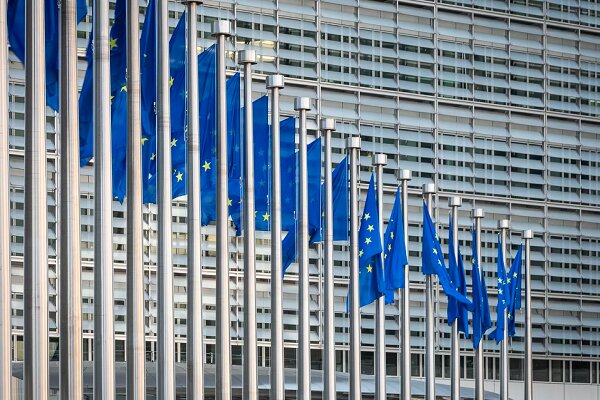
Similar Posts
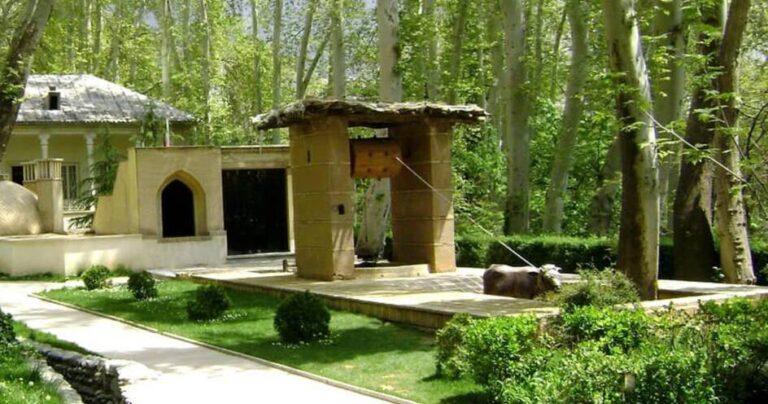
National Water Museum in Iran Shuts Down to Make Room for Groundbreaking Quran Museum
Iranian authorities’ decision to close the country’s only Water Museum, located in Tehran’s Sa’dabad Palace, has sparked outrage among museum experts and staff. The closure, approved by President Masoud Pezeshkian, aims to relocate the National Quran Museum without public notice, raising concerns about the preservation of cultural heritage. Water Museum staff were blindsided by the abrupt removal of signage and sealing of the building. Critics argue this threatens Iran’s unique water engineering history and environmental education efforts. The move has intensified fears regarding the neglect of cultural institutions amid Iran’s ongoing financial crisis and environmental challenges.
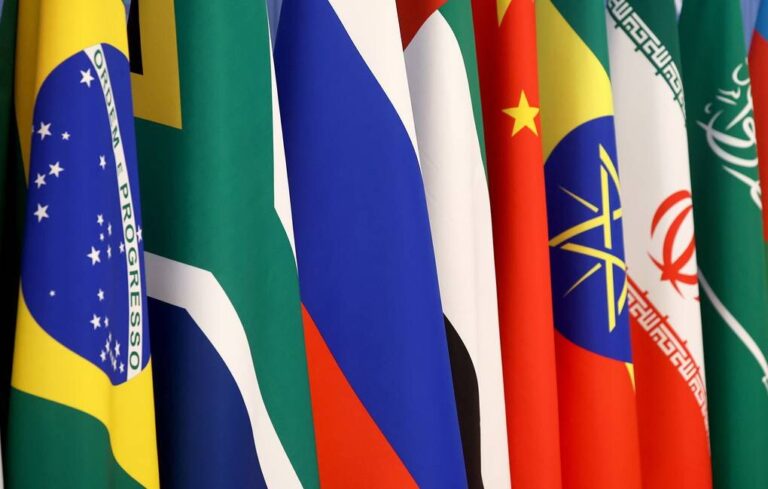
Nigeria Joins BRICS: A New Era of Global Partnerships Begins!
On January 17, 2025, the Brazilian government announced Nigeria’s official accession as a partner country in the BRICS alliance, marking a significant step in enhancing collaboration among Global South nations. This partnership, emphasized by Brazil’s Foreign Ministry, aims to promote cooperation and advocate for reforms in international governance. Following the BRICS Summit in October, which established a category for partner countries, Nigeria joins other nations like Belarus and Malaysia. The alliance experienced notable growth in 2024, adding five new members, including Saudi Arabia and Egypt, and focusing on reducing reliance on the US dollar, thereby strengthening its influence in global affairs.
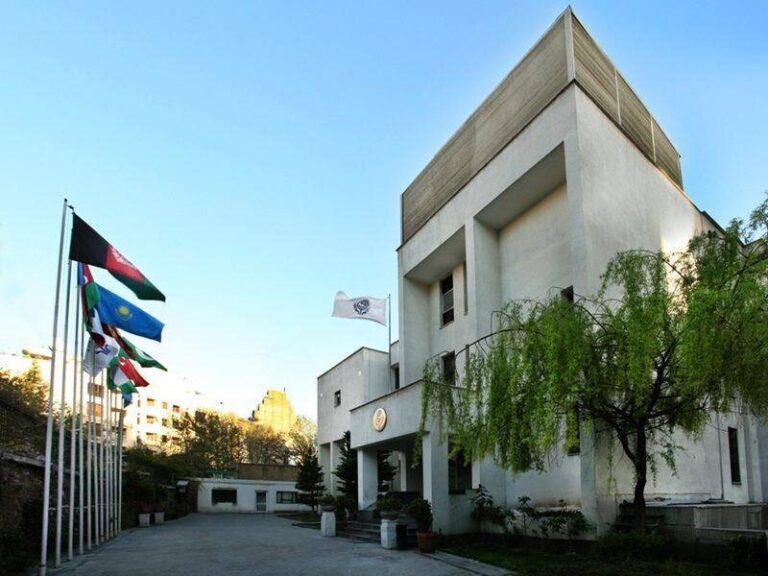
Tehran Welcomes ECO Member States for Key RPC Meeting: A Hub of Regional Cooperation
Tehran will host the 35th Regional Planning Council (RPC) of the Economic Cooperation Organization (ECO) on February 23, 2023. This meeting aims to enhance economic collaboration among member states by addressing regional development issues. Key objectives include strengthening ties, boosting economic growth, fostering technical cooperation, and promoting cultural exchange. The ECO focuses on regional economic integration and resource sharing to tackle common challenges like poverty and unemployment. Expected outcomes include policy recommendations, joint projects, and new investment opportunities. This council represents a significant step towards a more integrated and prosperous region, fostering collaboration among leaders and experts.
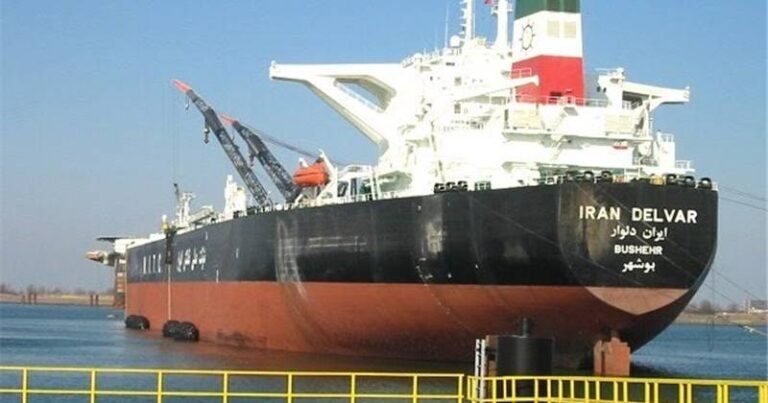
Iran Defies US Pressure: Oil Exports Surge Amid Sanctions
Iran’s oil minister, Mohsen Paknejad, has rejected claims that U.S. sanctions significantly hinder Iran’s oil exports. Speaking to state media, he asserted that Iran continues to export oil without disruption, countering the narrative of successful U.S. sanctions aimed at reducing exports to zero. Paknejad highlighted record crude exports during the Iranian month of Dey and expressed confidence in Iran’s ability to respond to potential sanctions enforcement. He denied allegations of using forged documents for oil shipments, emphasizing that Iran operates within accepted trade frameworks. The U.S. Treasury has targeted high-ranking officials with sanctions to limit Iran’s oil revenue.
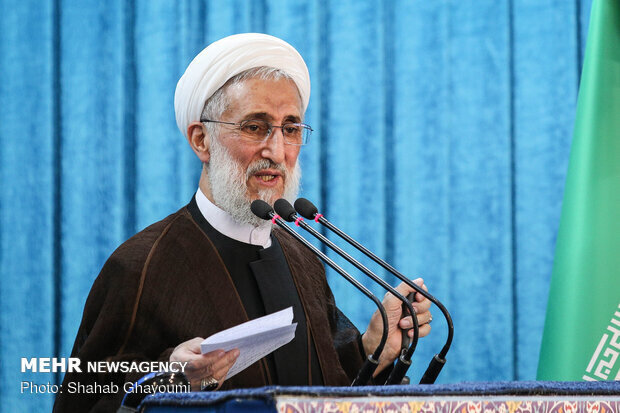
Cleric Calls for Boosted Initiatives to Attract Investment Opportunities
As the year 1404 begins, Ayatollah Seyyed Ali Khamenei emphasizes “Investments for Production” as crucial for Iran’s economic growth and job creation. Senior cleric Kazem Sediqi supports this theme, urging the government to foster a favorable investment climate and encourage public participation in production ventures. He highlights the importance of supporting knowledge-based companies and instilling a culture that values investment. Sediqi stresses that without a strong investment foundation, goals of enhancing production and job creation will remain unmet. The collaborative efforts of government, private sector, and citizens are essential to leverage investment for a prosperous future.
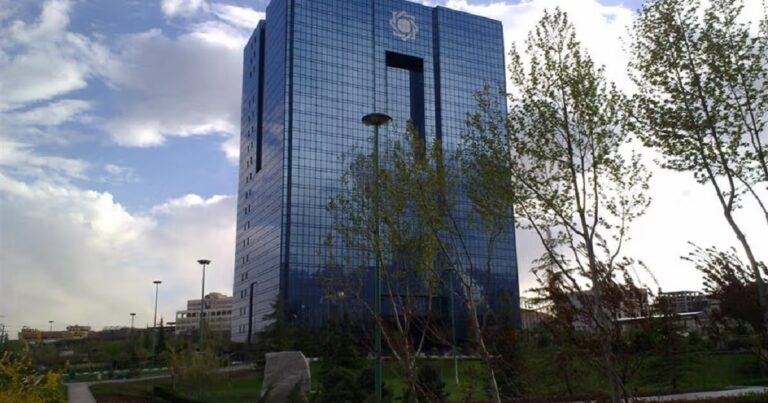
Croneyism’s Bad Loans Threaten the Stability of Iran’s Banking System
A report from Iran’s Central Bank reveals widespread insider dealings and corruption threatening the banking system’s integrity. Approximately 27 major institutional debtors owe about 790 trillion rials ($10 billion) in non-performing loans (NPLs), exacerbated by the Iranian rial’s devaluation. Key debtors include the Middle East Mines and Mineral Industries Development Holding Company (MIDHCO) and state-backed firms like SAIPA, with ties to political insiders leveraging connections for substantial loans. The government’s debt to the central bank surged 65% amid budget deficits from reduced oil revenue, leading to excessive money printing and rampant inflation, further destabilizing Iran’s economy.